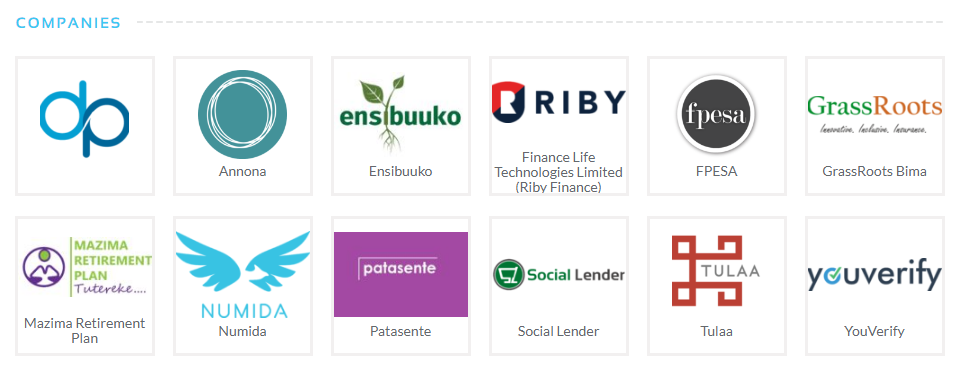If mobile money was the first phase in the development of digital finance in Africa, the next phase of digital financial services on the continent will focus on lending, insurance and wealth management
In “Beyond Payments: The Next Generation of Fintech Startups in Sub-Saharan Africa,” the venture capital firm Village Capital, and their reporting partner, PayPal, tip their hat to M-Pesa and mobile money in Africa, but say that there’s a wave of innovation still to come.
The investment firm identified 12 companies it determined were “building solutions in fintech subsectors outside of payments.”
In partnership with PayPal, Village Capital has set up Fintech: Africa 2018, a program that seeks to find and support startups bringing other “critical services” to Africa’s unbanked populations.
“We can’t do enough to highlight what the next generation of fintech startups will and should be driving… whether it’s in agriculture — helping farmers have access to the financial system — through alternative credit scoring and lending — so people can actually get access to loans or insurance — or building savings and wealth,” Village Capital managing director and report co-author Allie Burns told TechCrunch.
Village Capital’s work gives a snapshot of these four sub-sectors — agricultural finance, insurtech, alternative credit scoring and savings and wealth — including players, opportunities and challenges, recent raises and early-stage startups to watch.
In alternative credit scoring and lending it sees blockchain as a driver of innovation in reducing “both transaction costs and intermediation costs, helping entrepreneurs bypass expensive verification systems and third parties.”
The report highlights recent raises by savings startup PiggybankNG and Nigerian agtech firm FarmCrowdy. Village Capital sees the biggest opportunities for insurtech startups in five countries: South Africa, Morocco, Egypt, Kenya and Nigeria.

On non-payments fintech startups overall, Village Capital chose a cohort of 12 for its 2018 program. They included F-Pesa — a Kenyan foreign exchange app — and Nigerian installment e-commerce app CredPal. All 12 participated in three Village Capital and PayPal-sponsored workshops to introduce them to mentors and investors. Two of the cohort (identity venture YouVerify and Ugandan cloud focused microfinance company Ensibuuko) received funding offers from Village Capital.
PayPal’s involvement in Village Capital’s Fintech Africa program “is really about… our commitment to financial health and the democratization of finance,” PayPal head of social innovation Sean Milliken told TechCrunch.
PayPal provided financial resources for the Fintech Africa program and study and participated in the development of the curriculum “toward those participating ventures getting investment-ready,” said PayPal’s director of Corporate Affairs Tyler Spalding. They didn’t invest, though. “Our funds were not actually deployed in an investment capacity,” he added.
PayPal has increased its presence and payment activity in Africa over the last several years through a number of partnerships — including one to transfer funds through Safaricom’s M-Pesa product — and plans to deliver more remittances into Nigeria and South Africa through its Xoom subsidiary.
Village Capital is still mulling the possibility running another round of its Fintech Africa program in 2019. To date, the fund has invested in 14 Sub-Saharan African startups.
Whether it’s payment or non-payment applications, the number of startups in Africa’s fintech space and the breadth of their activities continue to grow.
Big developments TechCrunch has covered this year have mostly been on the digital payments side, including Paga’s global expansion and plans to take on providers such as PayPal and Safaricom. Then there have been big raises by payments-focused Paga ($10 million), Cellulant ($47 million) and Mines ($13 million), and by lending platform Jumo ($52 million) and South African business enterprise services startup Yoco.
from TechCrunch https://ift.tt/2RvGhbE

No comments:
Post a Comment